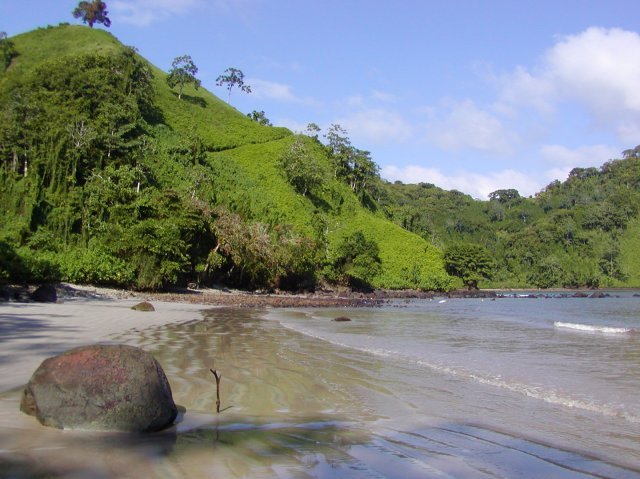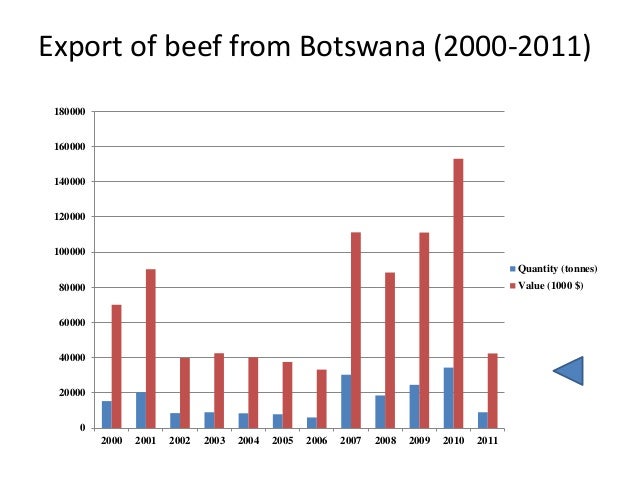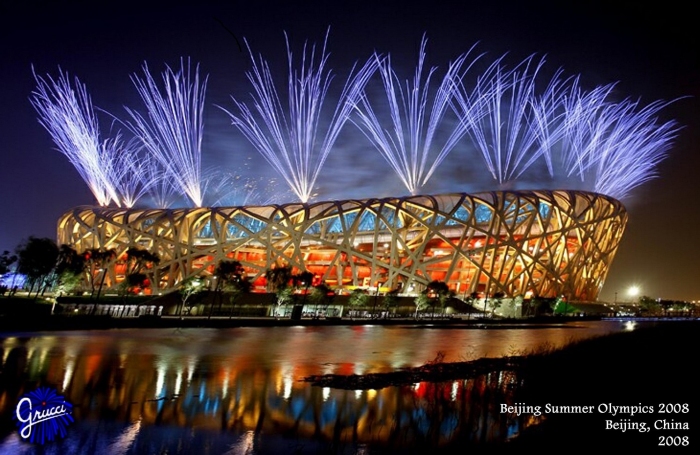Examining Costa Rica's commitment to eco-development, we can understand how the past few decades have led to Costa Rica becoming synonymous with ecotourism. The rise of ecotourism within Costa Rica can be attributed to the increased action of preservationists to combat deforestation, pollution, and more. However, Costa Rica was also lucky to avoid much conflict or intense domestic concerns like their other Central American counterparts. Interestingly enough, a rise in entrepreneurial presence in Costa Rica didn't have the same kind of effect as other nations. In many other nations, we see an extreme commodification of locations. Cultural, urban, and natural landscapes are often primary targets for the commodification of the travel industry. However, the focus of Costa Rican tourism is that of conservation. Michael Kaye, the founder of Costa Rica Expeditions, was very intent on creating an environment of tourism that would stimulate the economy as well as benefit the land and the people. He argued that "Operating in an environmentally and culturally sensitive way made both business sense and ethical sense. [We] hired local people as guides and installed [eco-friendly technology] at its properties." (Jones & Spadafora 24)

Moving forward, I want to adopt this same ethic into my startup. I believe I do my best to approach things like this with the same level of cultural sensitivity but I think it's also important to not just think that way but make it a pivotal cornerstone of the startup. Basing movements and ideas for change on the foundation of furthering the wellbeing of the people, land, and culture is of the utmost importance for me as a startup owner.
















